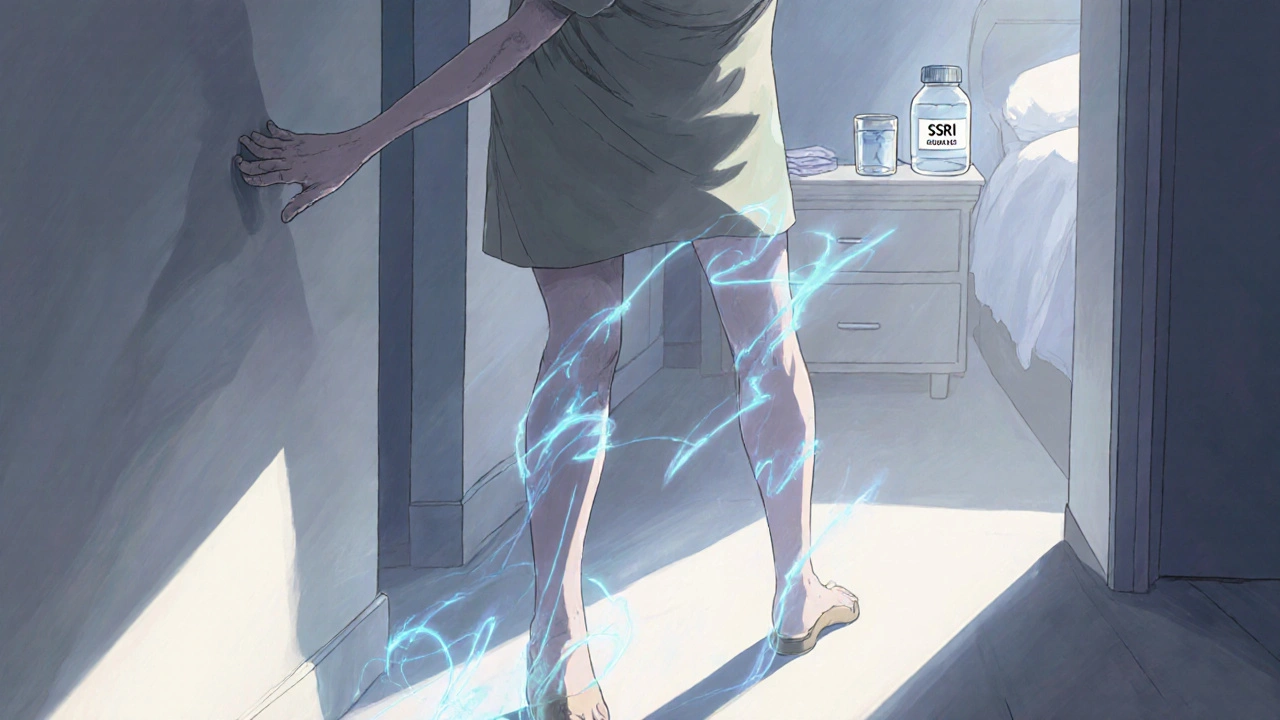Falls in Elderly: Causes, Risks, and How Medications Can Help or Hurt
When an older adult falls, it’s rarely just bad luck. A fall in elderly, an unexpected loss of balance leading to impact with the ground. Also known as elderly fall, it’s one of the top reasons seniors end up in the ER—and often never fully recover. These aren’t random slips. They’re the result of layered risks: weak muscles, poor vision, nerve damage, and yes—medications. Many common prescriptions for heart disease, depression, or pain can make you dizzy, slow your reflexes, or mess with your balance without you even realizing it.
Take blood thinners, drugs like apixaban that prevent clots but increase bleeding risk if a fall occurs. Also known as anticoagulants, they’re lifesavers for atrial fibrillation—but if you trip, even a small bump can lead to a dangerous brain bleed. Then there’s opioids, painkillers that dull discomfort but also fog thinking and reduce coordination. Also known as narcotics, they’re linked to higher fall rates, especially when combined with sleep aids or benzodiazepines. Even something as simple as NSAIDs, over-the-counter pain relievers like ibuprofen and naproxen. Also known as nonsteroidal anti-inflammatory drugs, they can raise blood pressure, cause dizziness, and damage kidneys over time—all of which increase fall risk. And don’t forget osteoporosis, a condition where bones become brittle and break easily. Also known as bone thinning, it turns a simple fall into a broken hip, a broken spine, or worse. One in three seniors falls each year. Half of them will fall again within six months. That’s not aging—it’s a system failure.
The good news? Many falls are preventable. It starts with asking your doctor: "Could any of my meds be making me unsteady?" A simple review of your pills—especially if you’re on four or more—can cut your fall risk by up to 30%. It’s not about stopping everything. It’s about finding the right balance. Some meds are necessary. Others can be swapped, lowered, or timed differently. And when you combine that with strength training, better lighting, and removing tripping hazards, you’re not just avoiding a fall—you’re keeping your independence.
Below, you’ll find real, practical guides from people who’ve been there: how certain drugs affect balance, why bone health matters more than you think, and what to do when a medication you’ve been taking for years suddenly starts making you dizzy. These aren’t theory pieces. They’re tools to help you or someone you love stay steady on their feet.
Older Adults on SSRIs: How to Prevent Hyponatremia and Falls
SSRIs help older adults with depression but raise the risk of hyponatremia and falls. Learn who's most at risk, what symptoms to watch for, safer alternatives, and how to prevent serious complications.
© 2026. All rights reserved.

